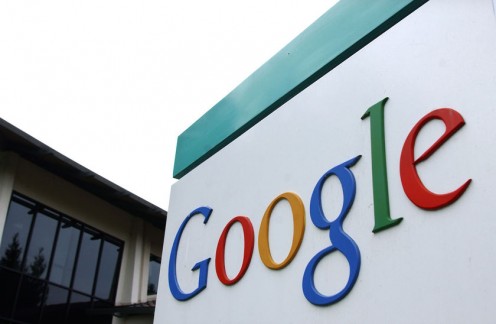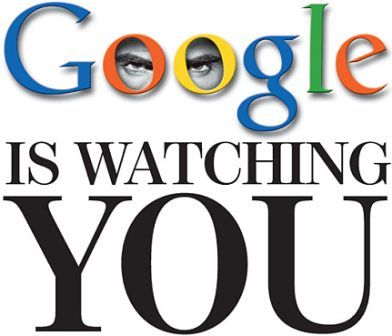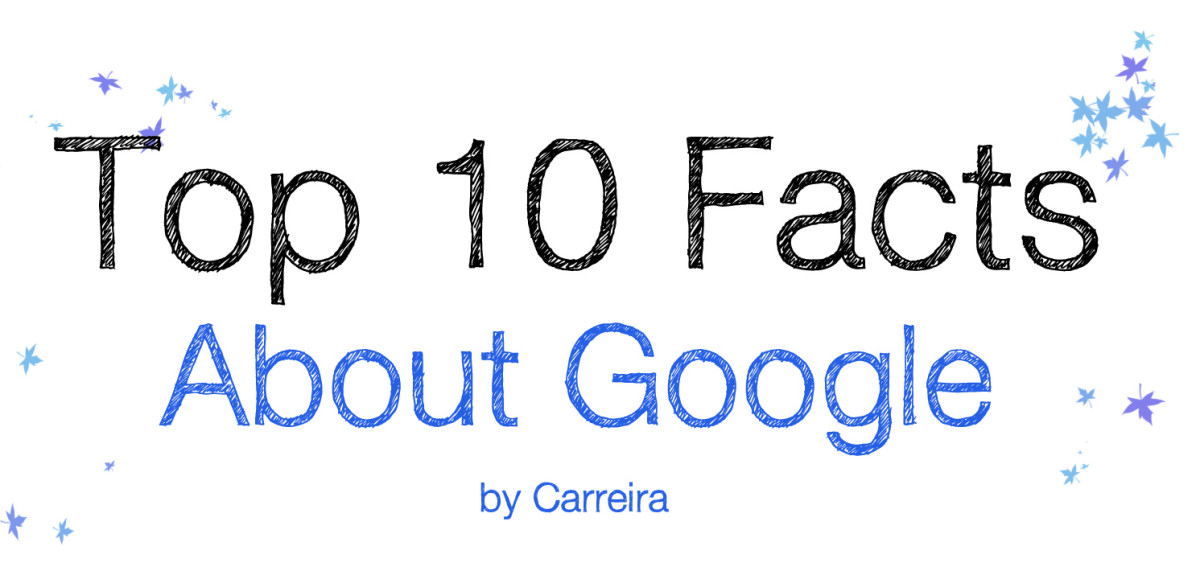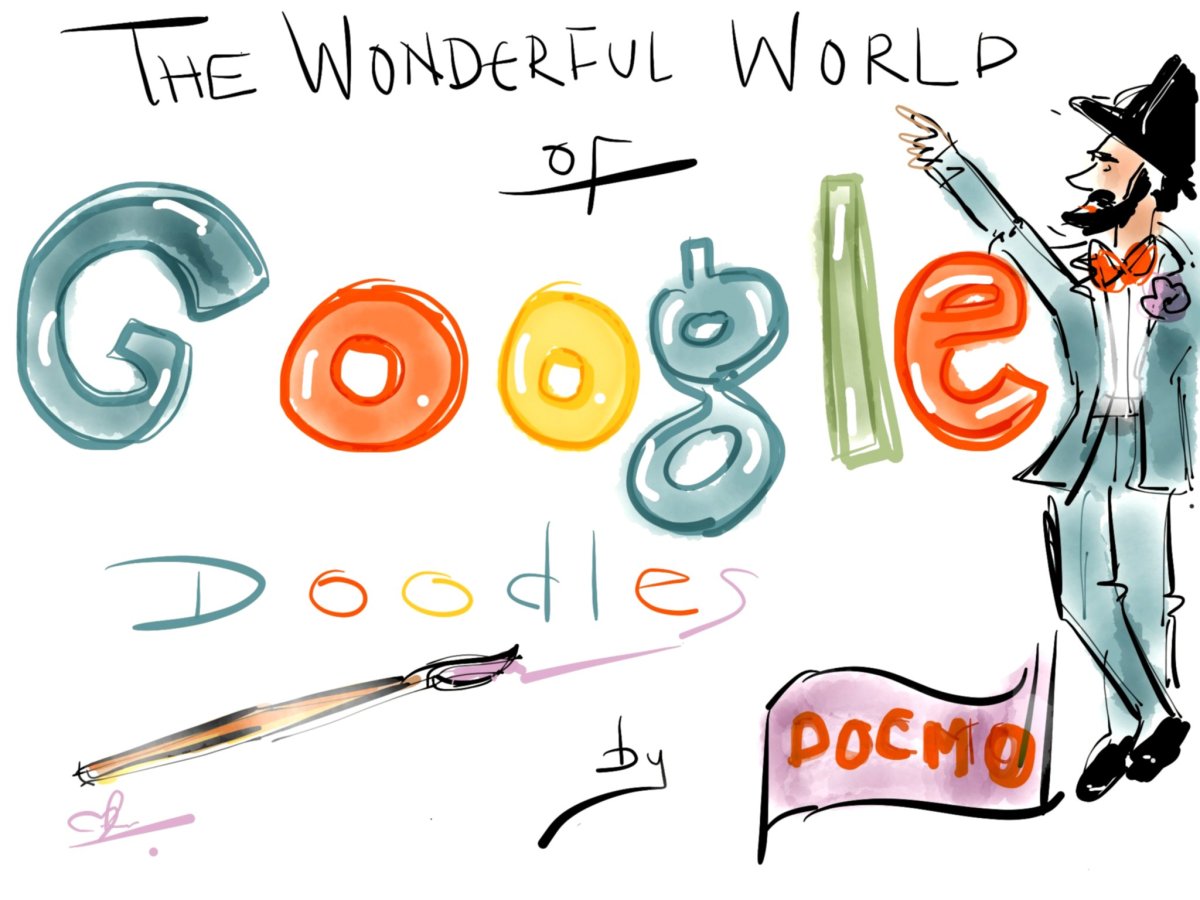How did Google get Started?
Standford
The story of the most successful search engine in internet history thus far, began at Stanford University in the mid 1990s. Bright sparks, Larry Page and Sergey Brin were graduate students in computer science who worked together on a student project called the Stanford Digital Library Project, the purpose of which was to find an expedient way to 'integrate the universal digital library'. This led to an exploration of the mathematical properties of the web, the ins and outs of backlinking and the eventual creation of the PageRank (link analysis) algorithm.
According to John Battelle, in The Birth of Google:
"Analyzing BackRub's output—which, for a given URL, consisted of a list of backlinks ranked by importance—it occurred to them that a search engine based on PageRank would produce better results than existing techniques (existing search engines at the time essentially ranked results according to how many times the search term appeared on a page)."
Wired Magazine, August 2005

The Importance of Linking
Page and Brin became convinced that the amount of times a page was linked to from other highly relevant web pages must therefore be the most relevant pages associated with the search. Thus, while the standard search engines were still working on the premise that the important thing was to rank results by counting how many times the search terms appeared on the page, the Google boys spent their time analyzing the relationships between websites.
The search engine they developed was originally called BackRub, because the system worked by checking backlinks to gauge the importance of a site.


How did Google get its Name?
In the beginning the search engine used the Stanford website with the domain name, google.stanford.edu but the domain name for Google was registered on September 15, 1997.
Googol, from the which the name google was derived, is a mathematical term, meaning the number represented by the numeral 1 followed by 100 zeros. It's a pretty big number:
10,000,000,000,000,000,000,000,000,000,000,000,000,000,000,000,000,000,000,000,000,000,000,000,000,000,000,000,000,000,000,000,000,000
The connection being that the new search engine could organize a seemingly infinite amount of information on the web. Legend has it that when a search was done to see ig "googol" was available, a spelling mistake was made and they searched for google instead, which was available. Thus, the "most valuable brand in the known universe" was born.
To Google...
The name 'google' is now officially implanted into the Oxford and Merriam Webster Dictionaries, as a verb, under the definition: to use the Google search engine to obtain information on the Internet.
How Did Google Get so Big?
Google: A Frankenstein Monster?
From little things big things grow. Google grew and grew and at its whopping peak in 2004 cornered over 84% of all searches on the world wide web.
Somewhat ironically, Page and Brin were originally against the advertising funded search engines model and even wrote a paper to that effect in 1998, while they were still students. However the realities of a capitalist based system soon wore down their resistance. They began with simple text based ads and In 2000, Google continued to selling advertisements associated with search keywords, based on a combination of price bid and click-throughs.
Google's noble mission statement is *don't be evil* and despite some major controversy here and there, has become famous for its socially conscious corporate culture...or at least, it's stated ambition to be socially conscious. Google was heavily criticised in 2006 for capitulating to China's censorship rules, although it claimed it could better serve the cause of free speech by participating in China's IT industry than by refusing to comply. The company's non-profit philanthropic wing, google.org was launched in 2004 with a noble mission to alleviate global poverty, help deal with climate change and to do what it can to help with the problems of global public health.
In spite of this Google has had its fair share of criticism, for being too powerful and for invading the privacy of users.
Google Cool Quiz
Do you have positive or negative feelings toward Google?
Googleplex-Life at Google









